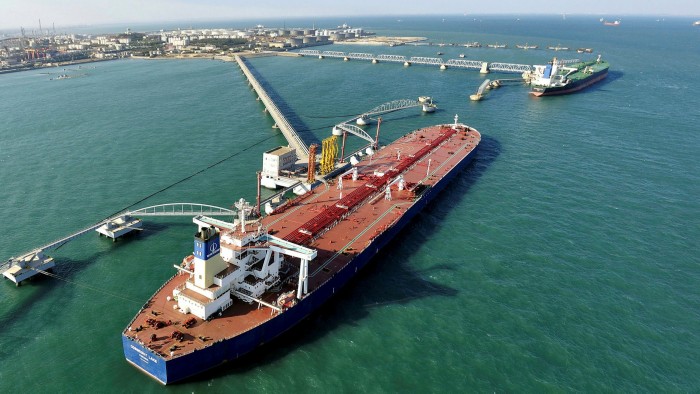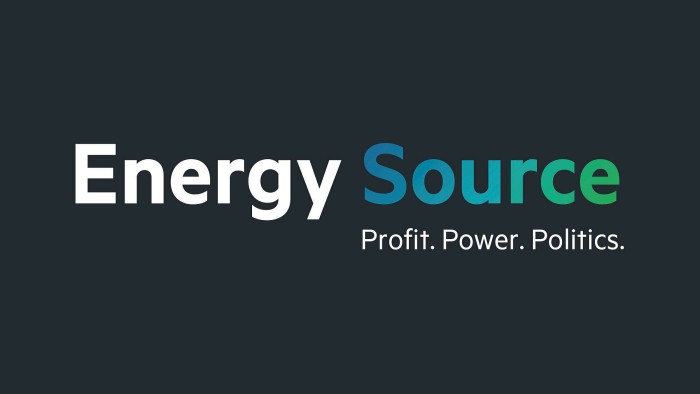China to sell oil from state reserves in bid to contain prices

Roula Khalaf, Editor of the FT, selects her favourite stories in this weekly newsletter.
China has announced it will sell oil from its state petroleum reserves for the first time, as Beijing steps up efforts to rein in inflationary pressures stemming from commodity markets.
The State Bureau of Grain and Material Reserves said on Thursday it would release batches of oil for sale to domestic refining and chemicals companies to “alleviate the pressure of rising raw material prices”.
“Putting national reserve crude oil on the market through open auction sales will better stabilise domestic market supply and demand and effectively guarantee national energy security,” it said.
While other large oil importers like the US have periodically tapped their national reserves during supply disruptions or to meet budgetary needs, it is the first time China has publicly announced its intention draw on its stocks.
China, which overtook the US to become the world’s biggest importer of crude oil last decade, has historically said little in public about its large strategic petroleum reserves and the reserves administration did not specify how much oil it will sell.
Amrita Sen at consultancy Energy Aspects said China had quietly sold oil reserves in the past but now appeared to want to rotate its stocks more frequently and more publicly to try to control inflation. “This is not new, but the announcement is new and I think it’s an attempt on their part to temper domestic prices,” she said.
But the move may also be viewed as a warning shot to the Opec+ group, which has faced criticism for letting oil prices rise too quickly as the world economy tries to recover from the coronavirus pandemic.
Opec and its allies last week opted to stick with its current timeline to ramp up production that was slashed at the start of the pandemic, resisting calls from the US to restore output more quickly. Prices for global benchmark Brent crude were up more than 40 per cent in 2021 to about $72 a barrel.
The US Department of Energy said last month it would sell up to 20m barrels in the aftermath of Hurricane Ida, which had hit oil production in the Gulf of Mexico and disrupted oil refineries.
Sen at Energy Aspects predicted that each future Chinese auction would be at most 10m to 15m barrels, adding that the releases were “in line with the trend in other raw materials”.
“The Chinese government has been extremely anxious about inflation [so] they are doing this across the board. They’ve been releasing strategic stocks of pretty much every raw material.”
Since the start of the year, China has ramped up efforts to control rising commodity prices that have pushed up the cost of everything from manufacturing, to power to food.
Twice weekly newsletter

Energy is the world’s indispensable business and Energy Source is its newsletter. Every Tuesday and Thursday, direct to your inbox, Energy Source brings you essential news, forward-thinking analysis and insider intelligence. Sign up here.
In the past two months, the National Food and Strategic Reserves Administration has held at least three similar auctions for state reserves of several metals, including copper, zinc and aluminium.
Ahead of the auctions for 30,000 tonnes of copper, 90,000 tonnes of aluminium and 50,000 tonnes of zinc in July, Xu Gaopeng, an official at the reserves administration, told state media that China was capable of cooling the market using its abundant reserves.
Brent crude, the international oil benchmark, hit a three-year high in July above $77 a barrel, but has since eased slightly as the spread of the Delta variant of coronavirus has raised concerns about fuel demand.
On Thursday Brent was trading near $73 a barrel, up marginally on the day, though it weakened slightly after the Chinese announcement.
Comments